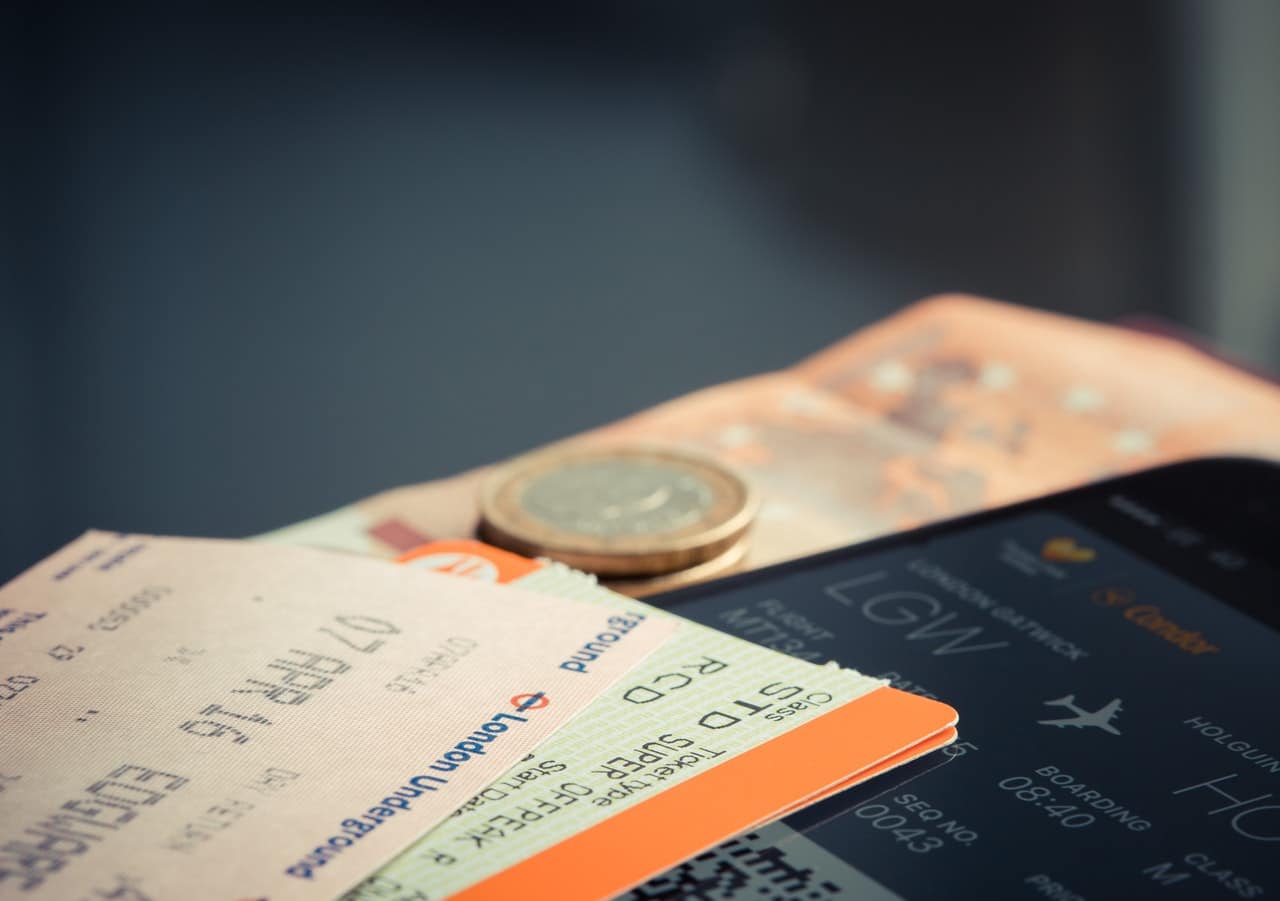The ticketing system is one of the keys to the success of an event. That’s why it is in your best interest to implement an innovative management system like Blockchain to ensure this part of the organization.
In light of the major challenge of ticketing, it is particularly important to choose a reliable solution. Blockchain is one of them. The question now is what it actually involves and how this system can be useful for the sale of event tickets.
What is Blockchain?
Without mentioning ticketing, Blockchain is necessary for transferring value over the Internet. With this system, the exchange occurs without intermediaries (like the bank) and with complete transparency. It is important to know that Blockchain’s primary purpose is to store data. During transactions, it replaces any type of intermediary to make the operation fast, cheaper, and above all secure.
It should be noted that the usual online asset transfer system requires a trusted third party (intermediary) whose role is to verify whether the transaction can indeed take place. This party then certifies the act. Blockchain replaces this trusted third party, thus allowing the exchange circuit to be shortened, happening directly from user to user. This technology revolutionizes the way of organizing, exchanging, and storing assets.
Blockchain technology applied to ticketing
Event organizers and more broadly the cultural and sports industry have every interest in implementing Blockchain in their ticketing system. For purchasing a ticket, there are 3 options available to you today. Firstly, you can obtain a physical ticket at the sales points. You can also buy your E-ticket or electronic ticket online, which you will have to print later. This option allows you to purchase your tickets in advance.
Finally, you have the M-ticket, a dematerialized ticket like the E-ticket but that requires no printing. This type of ticket is designed for smartphones. To access an event, all you need to do is display the ticket on your screen and show it at the reception. In all 3 cases, the barcode or QR code enables authentication. These codes are no longer used with a Blockchain ticketing system. The ticket is 100% digital, to be scanned with a specific terminal.
Blockchain: how does it work in practice?
By replacing the trusted third party in transactions, Blockchain certifies itself and stores the history of all asset transfers made via this technology. As such, it ensures a function of traceability and register. This is also a decentralized system, which eliminates the risks of falsification. In its operation, Blockchain groups transactions into blocks.
Each transfer is collectively verified by all nodes of the computer network through a complex cryptographic process. Due to this principle of decentralized verification, transactions are nearly impossible to falsify afterward. Finally, this decentralization of asset transfers allows all parties involved in the Blockchain to simultaneously access the data. In ticketing, both the buyer and the organizer can access the transaction history.
Blockchain in ticketing to curb fraud
In the events industry, between counterfeit tickets and reselling at exorbitant prices, fraud and the black market are a real scourge. Yet, ticket sales account for a significant percentage of revenue. It is therefore imperative to secure sales. Resorting to Blockchain technology for ticketing presents itself as a choice solution. Indeed, this system allows for the creation of an entirely digital personalized ticket, meaning it has a unique identifier for each ticket whose transaction history is fully traceable and transparent. Using this device requires creating a virtual wallet before the transaction. Each purchased ticket is thus associated with the owner of this wallet, making it falsifiable and incorruptible.











